By Luo Haibing from CNS
Malcolm Clarke says, "China is not good at self-defense," which is why it has not been able to shoot down the false accusations coming regularly from the Western world. However, it has pulled 1.4 billion people out of absolute poverty when Western countries have never achieved such large-scale poverty reduction.
CNS: Your 2021 film A Long Cherished Dream is about the changes in the lives of ordinary Chinese. Every story shows ordinary people making great efforts to better their lives. How did you choose these four representative places and figures to depict China's journey from poverty to prosperity?
Malcolm Clarke: A Long Cherished Dream is one way for me to interpret China to Western audiences. I'm glad it was released in China, but what we really want is to convince Westerners to take China seriously and understand what is happening there.
The whole film is made up of simple stories. We tried to make a series of films showing different regions of China, so we started from rural Yunnan in the southwest and went all the way to Yiwu and Shanghai in the east. The audience can see how people in extreme poverty and middle-income groups live their lives.
We started from Yunnan to tell stories about people in extreme poverty. They had to make tough decisions, such as whether to leave everything they were familiar with and face an uncertain future to get a better living environment. Our concern was the tough decisions.
Then we found an outstanding young woman. She's from the countryside and received little education, but now she earns a lot as a cross-country trucker. She believes that "Women can hold up half the sky." She wants to be as responsible, free, confident and successful as a man. She is a very admirable woman. I think she is a role model for many young Chinese women.

The third episode is about a man whose dream comes true. He was poor and had to leave his village, his family and his childhood and work hard. But now he is a world-class acrobat in the Shanghai Acrobatic Troupe. Now he drives a luxury car and has a happy family, and his children go to a good school. He has realized the Chinese dream, which is the result of his efforts. What deserves our admiration is his hard work and tenacity. Today, China has given its people many opportunities.
The fourth episode is a little different. It's about people who have realized the Chinese dream to some extent. They were born poor, but they have accumulated resources and wealth through hard work in the past 20 years. They use the money to give back to the places where they grew up. This touching story tells us that people don't forget where they came from and make contributions to the lives of their descendants and other folks.
These are all stories about people who suffered a lot, but now they are realizing their values. China is a country of people with dreams, who have the freedom to dream and strive for a better future. These people are doing the right thing. We should all applaud what is happening in China.
CNS: Are you worried that making films about these China stories will be considered by Western society as Chinese propaganda? Does poverty exist in Western society? How do they eliminate it?
Malcolm Clarke: I'm not trying to make a movie about how good the Chinese people are. We are not doing propaganda, but trying to tell you how far China has progressed and how China has created opportunities for so many people in such a short time. I think this is worthy of attention and admiration. Westerners should understand what is happening here.
Sometimes the West attacks China for various reasons, which, in my opinion, are not valid. I must say that China is not good at self-defense. Soft power does not mean political soft power, but convincing ordinary people that China is not an evil empire—of course it is not.
These films aim to put a human face on China and Chinese people, and also to show how poor the poor areas are. The Chinese government is doing something positive and has made extraordinary achievements.

Every Western country has poverty alleviation projects, but the results are not very good. They have never solved the huge poverty problem like in China. Although poverty exists in Western Europe and the United States, it does not reach the level of the poverty in China.
Some people living in remote areas of Yunnan are just like those living in Western Europe in the eighteenth century. Photos portraying their life there look great, but one can feel how terrible their life is only after living there for a while. I don't like to see people suffer, and the Chinese government doesn't want to either. In fact, they have done something to change it. This is not just to give people a better living environment, not as simple as putting money in their pockets or food on the table, but a bigger change—giving them education and opportunities.
So we named the film A Long Cherished Dream. You may want to be an explorer, a teacher or an Olympic champion, but if you live in that poverty, the only thing you think about is how to fill your stomach and keep your children alive. What the "building a well-off society" initiative does is much more profound than this. It enables people to realize their dreams, become what they want to be and live the life they want to live.
CNS: Why did you want to make a film like A Long Cherished Dream?
Malcolm Clarke: A Long Cherished Dream is what I have always wanted to make. What fascinates me is to open my heart and get to know these Chinese people for who they are. I'm not interested in superficial and instant things, because those things never reflect who they really are. Shooting is like diagnosing a disease. If you are honest enough, they will trust you and even tell you things they won't tell their family and friends.
This is difficult in China. I can't speak Chinese, which is a big disadvantage, but I have a great team that understands our philosophy and how to do things. We studied hundreds of different stories and people, and finally found these four stories. I'm British, so it's very important that they feel respected. In a sense, being a Westerner is an interesting advantage, because I can ask some questions that the Chinese don't ask, or some very deep questions. I hope people can believe me because I do respect them. In the films, their stories will be presented in a true and respectful way.
So in these four stories, the audience can see people talking about very private experiences in their life, something they seldom talked about and shared, but they shared with me because they trusted me. This is what we have to do. If we can build trust, we can make a good film.
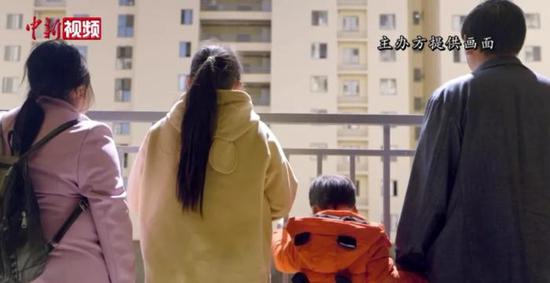
CNS: Better Angels focuses on the non-governmental exchanges between China and the United States, and the benefits of cooperation for the people of both countries. Also, in 2020, you went to Wuhan to take photographs during the COVID-19 pandemic. What makes you pay so much attention to the development and changes in China?
Malcolm Clarke: I came here because I think the great rejuvenation of China is the biggest news story in the twenty-first century. This is a historic event, and it will not stop. This nation and civilization deserve the gratitude of the world. For centuries, China has made great contributions to the development of science and technology, but its achievements have not been praised. There are many reasons for this. We don't need to discuss geopolitics here, but I think China is a victim and has been unfairly judged. When you come to China, you will see its achievements.
The "building a well-off society" initiative is just another brick in the "extraordinary wall" that China is building. There are 1.4 billion stories to tell here. China is writing history. It is exciting to participate in it, so I want to record it.
CNS: More and more people want to know more about China. As a documentary maker, how do you think the world audience can really accept the real China or become interested in China?
Malcolm Clarke: The answer is very simple. China tends to use statistics when talking about itself, but rarely talks about its people, such as the millions of people getting out of poverty, getting education, making extraordinary technological achievements, and building more kilometers of railway than any other country. It always shows its good side, not a multi-dimensional picture, and the latter is what we do. We try to show the good and the bad, victory and defeat: I spent all my money this week and had to wait for the next paycheck; my daughter is in love with a man who has not gained my trust, but she doesn't think so... This shows that although we live in different social and political systems, we share the same experience.
The more you can prove that the Chinese, poor or rich, can be as anxious as Americans, French, Indonesians and Brazilians to have their children live a better life, the more people will pay attention to them.
If the audiences see other people also struggling in their lives, making mistakes and making decisions they regret, there emerges a sense of commonality in experience and purpose. Westerners can say, "They're just like us!"
Westerners can see China in films, on TV and in images. We just provide a stage, put Chinese life on it, and then say, "OK, now tell us (your story); we are listening, and we respect what you say." This will be very powerful.
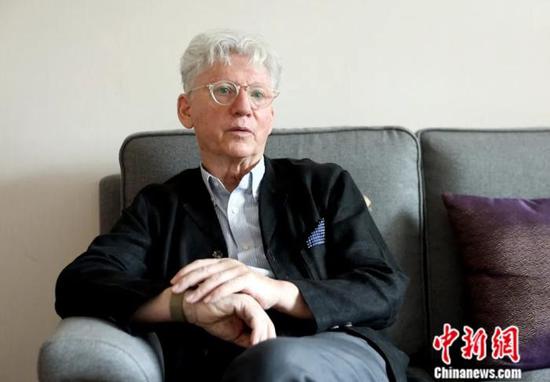
CNS: Will you continue to tell China's stories? What is your next film on?
Malcolm Clarke: I want to make a film about Joseph Needham, a 20th-century professor at Cambridge University. By chance, he came to China because of his Chinese girlfriend, began to study some Chinese scientific inventions in his field, and gradually became interested in China. The Chinese inventions became his lifelong research topic and he wrote about China's contributions to the world civilization in science and technology and recorded them.
Needham made the West realize that many things that the West thought invented by Westerners were actually invented by the Chinese. He was a great man, eccentric and interesting. He died in 1995 at the age of 94. I want to tell the whole history of China in the twentieth century through the eyes and experiences of this Westerner who loved China.
I hope to be an example to encourage more Chinese artists and filmmakers to pay more attention to their own culture and country, and look at the value of their country. China is an extraordinary country with a history of 5,000 years. They should draw inspiration from it, tell China's stories well and talk to the world in a Chinese way.
Edited by Wang Zonghan
2023.2.25












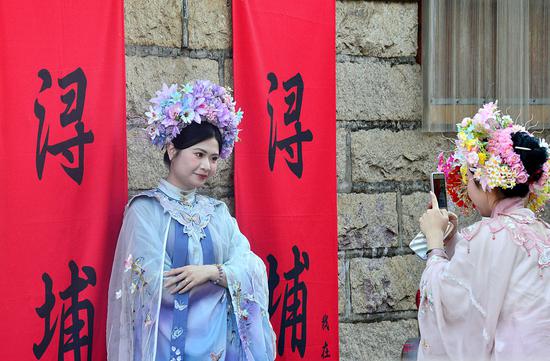










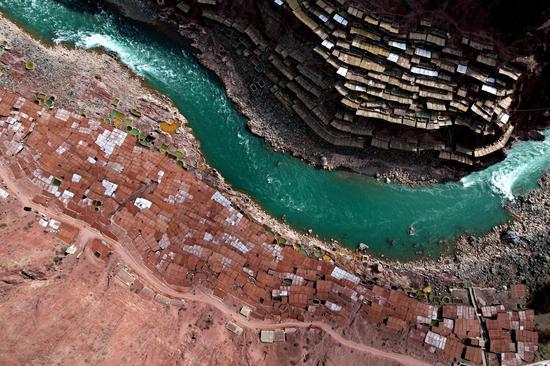





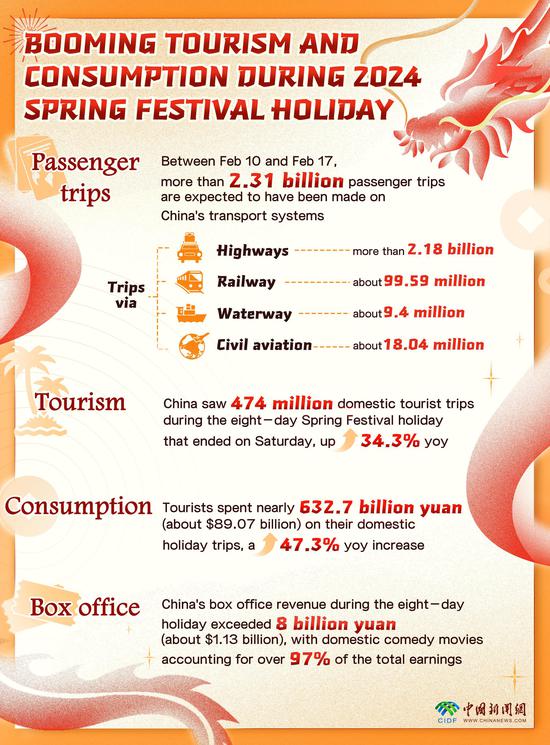



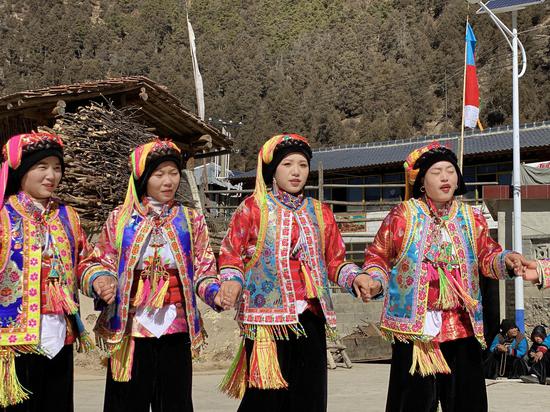







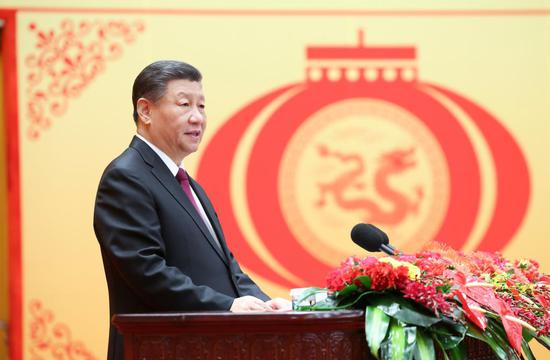




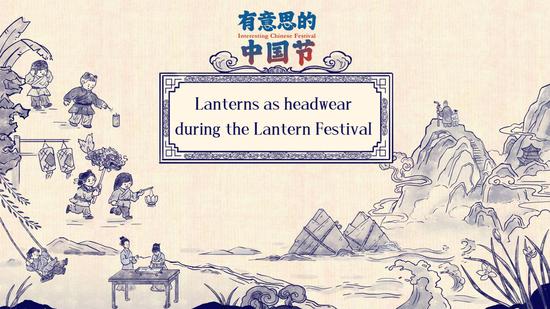



 京公网安备 11010202009201号
京公网安备 11010202009201号